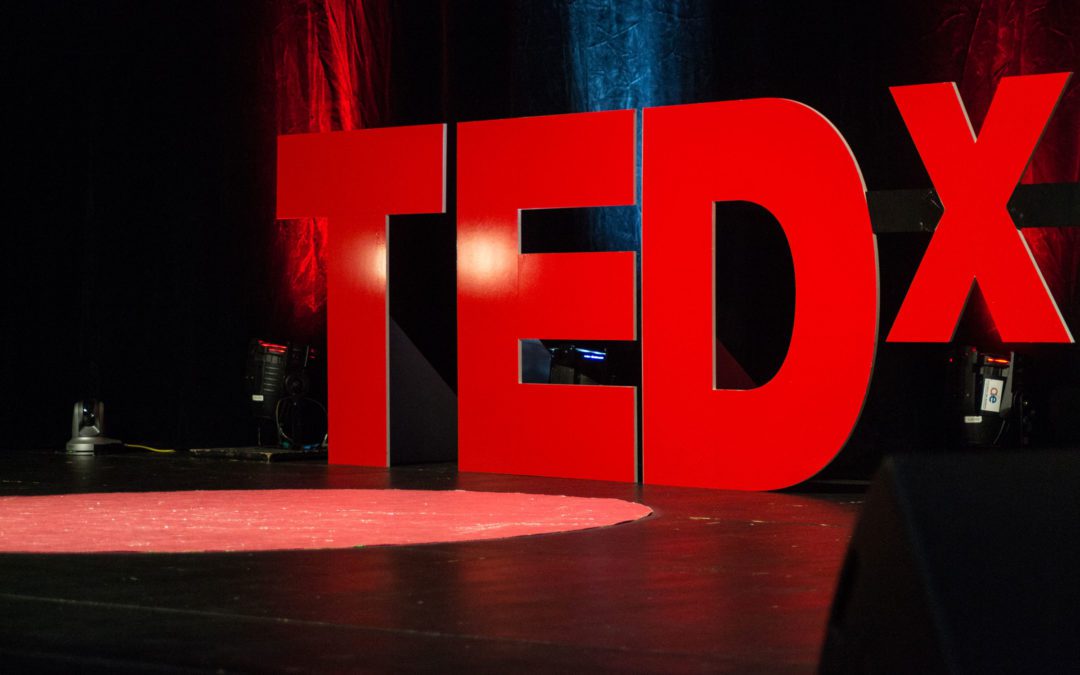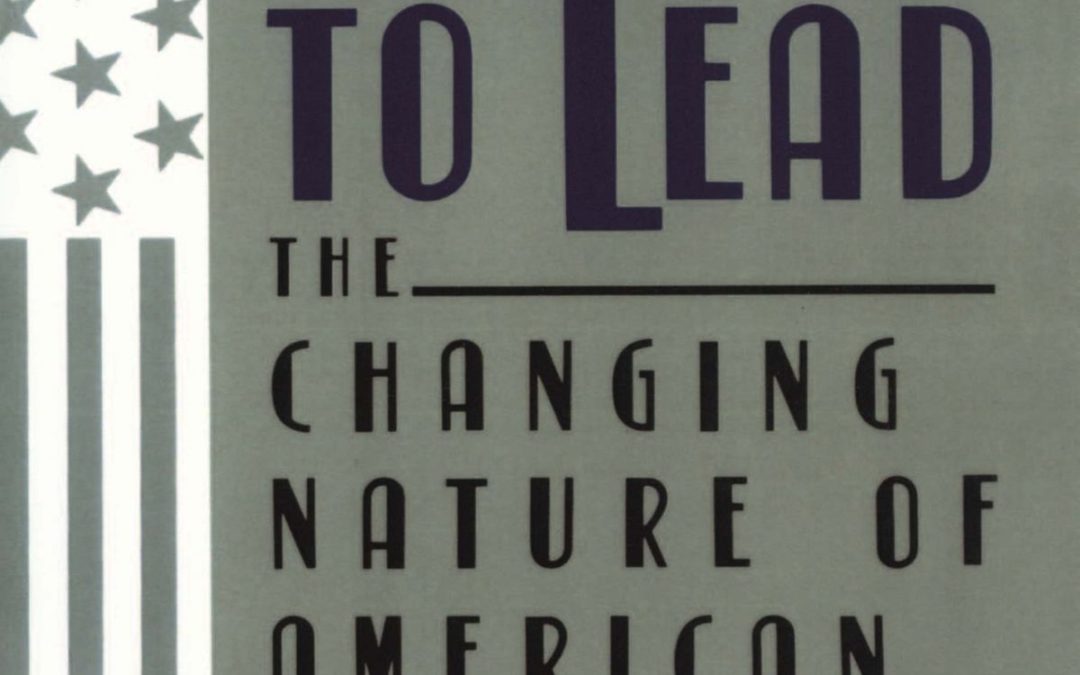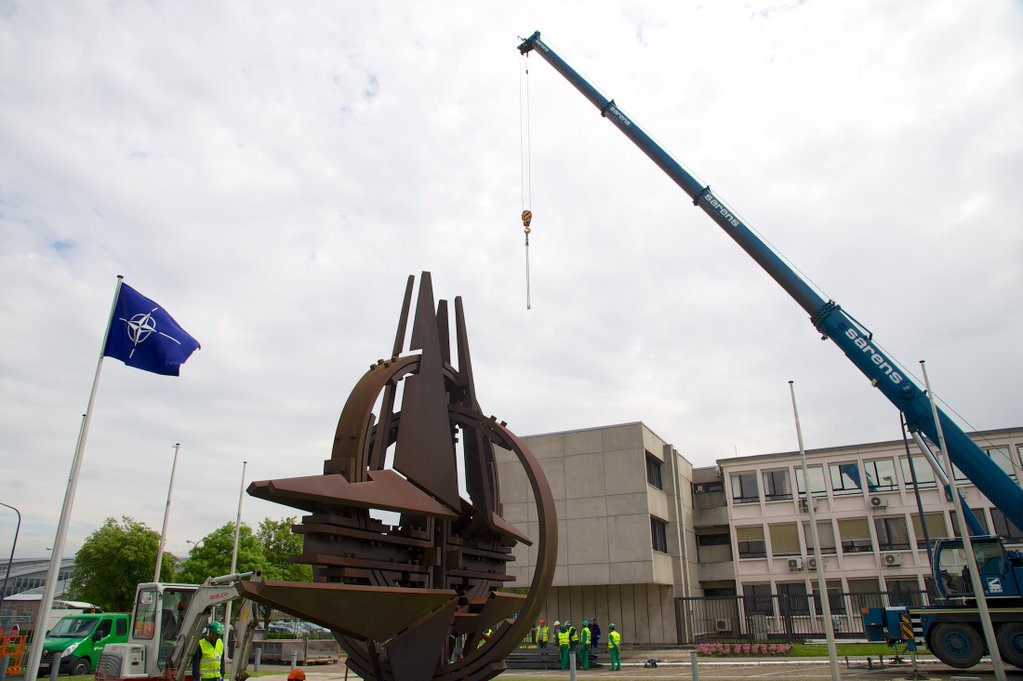Paul Musgrave concludes the “Lab Leaks” symposium by engaging with his interlocutors and reflecting on the challenges faced by political science in an era of public-facing scholarship.


Paul Musgrave concludes the “Lab Leaks” symposium by engaging with his interlocutors and reflecting on the challenges faced by political science in an era of public-facing scholarship.

Musgrave’s identification of dangerous ideas is correct, but his metaphor risks entrenching the fundamental problem: the (inevitable) weaponization of “scientific objectivity.”

Perhaps the problem isn’t that theories leak from the lab, but efforts to seal the lab in the first place. If political scientists spent more time observing the policy world, me might get both better and more careful theories in the first place.

Political Science isn’t sterile laboratory. The discipline is riddled with politics and deeply influenced by policy concerns.

Some political-science lab leaks are more difficult to control than others.

Paul Musgrave has written an important piece discussing how ideas developed within academia can have profoundly negative effects when they escape into the wild of the policymaking world. For someone like me who has been involved for many years in the Bridging the Gap project, whose goal is to better connect academics and policymakers, this argument is important and cautionary. (In addition to Musgrave’s recent Foreign Policy piece, Michael Desch provides a long and extensive history of academic ideas leading to bad policy in his book The Cult of the Irrelevant.) I was...

Today we're kicking off a new symposium on Paul Musgrave's Foreign Policy article, "Political Science Has Its Own Lab Leaks." In it, Musgrave likens academic disciplines to labs; academic theories that exercise political influence, in his metaphor, are like viruses. Perhaps, his piece suggests, international-relations scholars should exercise a bit more caution in their drive to “bridge the gap” between theory and policy. The contributors to the symposium include scholars who share an interest in, and experience with, the relationship between international-relations scholarship and the...